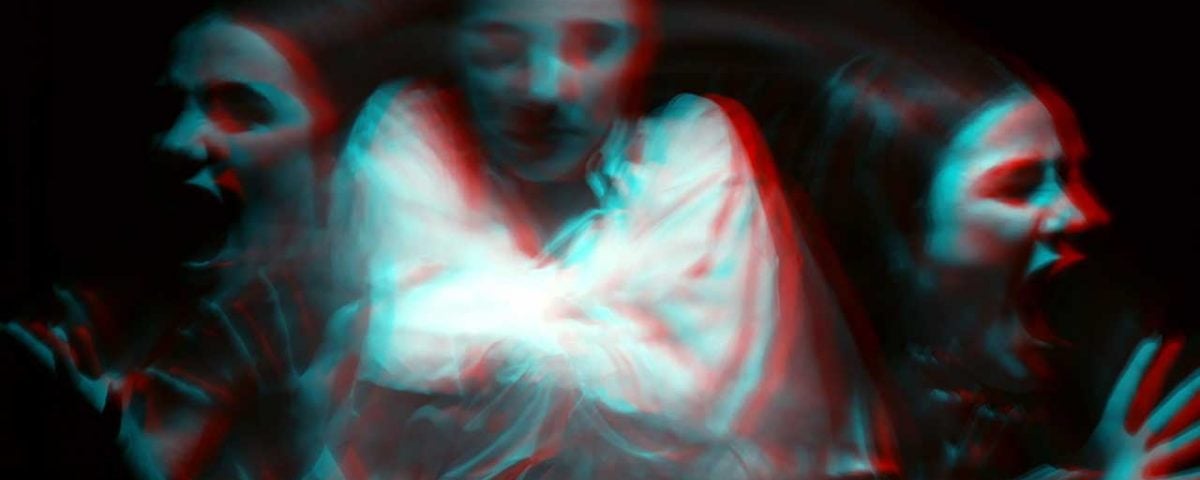Schizophrenia is a chronic brain disorder that causes symptoms like hallucinations and delusions to occur. As of now, there is no cure for this mental disorder, but with proper treatment, symptoms may reduce and increase the chance of fewer or no future episodes. Overall, there are three phases of schizophrenia to discuss, which include the prodromal, active, and residual stages.
The Prodromal Phase
There are different levels of schizophrenia, and the prodromal phase is the earliest stage of mental illness. Many people will not experience this stage's depth and the symptoms compared to many other mental health conditions. The stage includes signs of nervousness, depressive episodes, and difficulty concentrating.
Other symptoms in this particular phase include lack of motivation, excessive worrying, withdrawal from social interactions, and neglecting proper hygiene. Schizophrenia treatment can help with reducing the symptoms and decreasing the chance of experiencing severe paranoia and depression. The earlier a person is diagnosed, the better opportunity they have to prevent active or long-lasting episodes.
The Active Phase
The active phase of schizophrenia is where the symptoms are most apparent and frequent. Abnormal motor behavior, a state of psychosis, and delusions are often happening. Psychosis refers to signs that display a person out of touch with reality since the brain is not processing information correctly. Perceptions are disturbed, which results in erratic behavior and mood swings.
Other symptoms include:
- Flat affect
- Hallucinations
- Disordered speech
- Paranoid delusions
- Constant confusion
- Changes in energy levels
- Sudden behavioral changes
- Lack of desire for social interaction
- Lack of eye contact or abnormal eye movements
What is a flat affect? A flat affect is when people experience no or low expression on the face, show apathy, and display impaired emotional expression through voice, lack of gestures, and lack of conversing with others. Cognitive-behavioral therapy is a method that may help those in the stages of mental illness. Other forms of treatment are beneficial for people to manage emotions or reflect on their patterns attached to the episodes.
The Residual Phase
The last stage of schizophrenia is the residual phase. All of the phases of schizophrenia can seem frightening and concerning, and if a person is experiencing residual schizophrenia, then there is the progression of the mental disorder. However, people may relapse back into the active phase since elements of the symptoms can heavily remain.
Here are symptoms of the residual phase:
- Stoic
- Sudden erratic behavior
- Lack of social interaction
- Unable to process emotions
- Displaying little to no emotion
- Low energy and lack of motivation
- Impaired judgment or illogical thinking
Research is underway as there is much more to learn about this mental disorder. Genetics, hormonal changes, environment, and biological factors can all play a role, ultimately triggering schizophrenia. Maintaining a support system and practicing new ways to reduce symptoms is crucial for someone who is battling this condition.
Treatment at Our Florida Mental Health Rehab
At Banyan Treatment Centers Boca, we offer an excellent mental health program for patients to receive the treatment they need to reach their recovery goals or enhance their skills to cope with a mental illness. We offer unique programs such as dialectical therapy and motivational interviewing. Our medical staff is prepared to guide you through the treatment process in a clean environment and with the use of successful therapeutic methods.
Don’t wait! Speak to a specialist at our Boca behavioral health center by calling 888-280-4763 and ask about our residential treatment program to begin today!
Related Readings:









